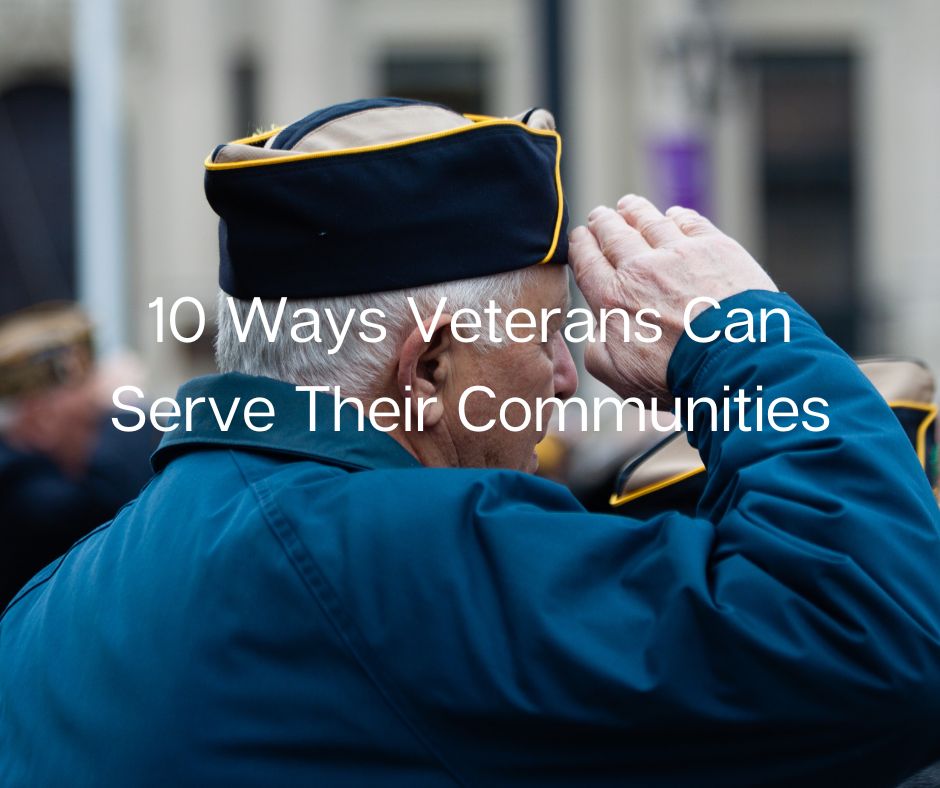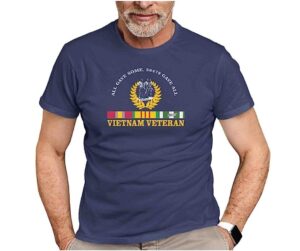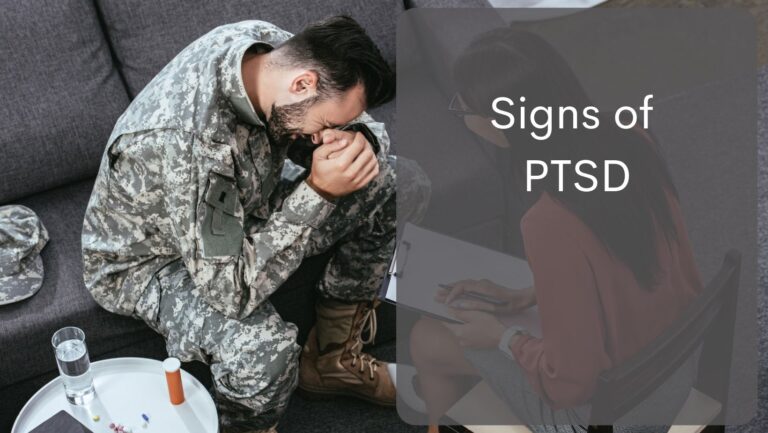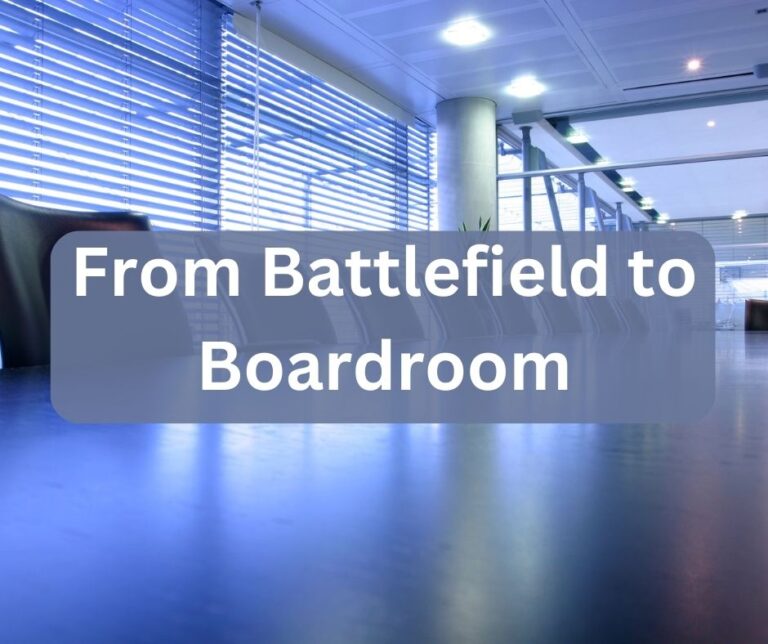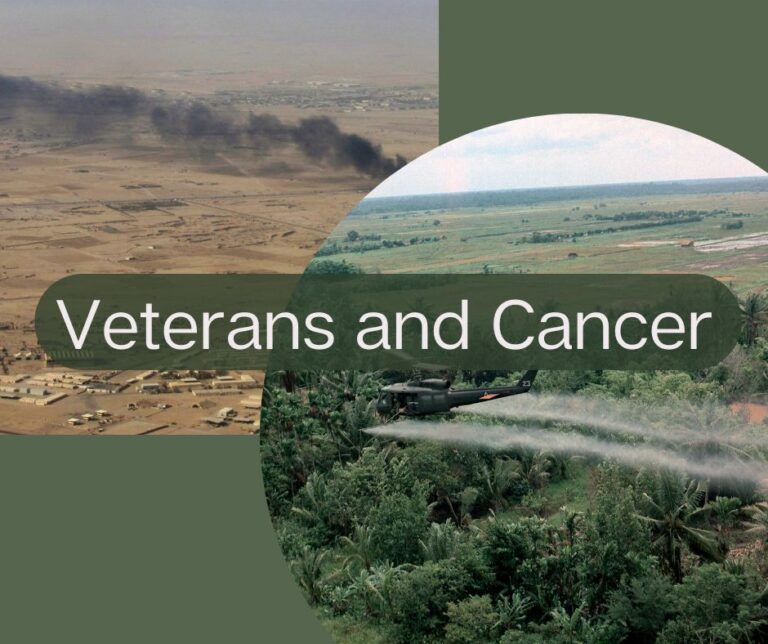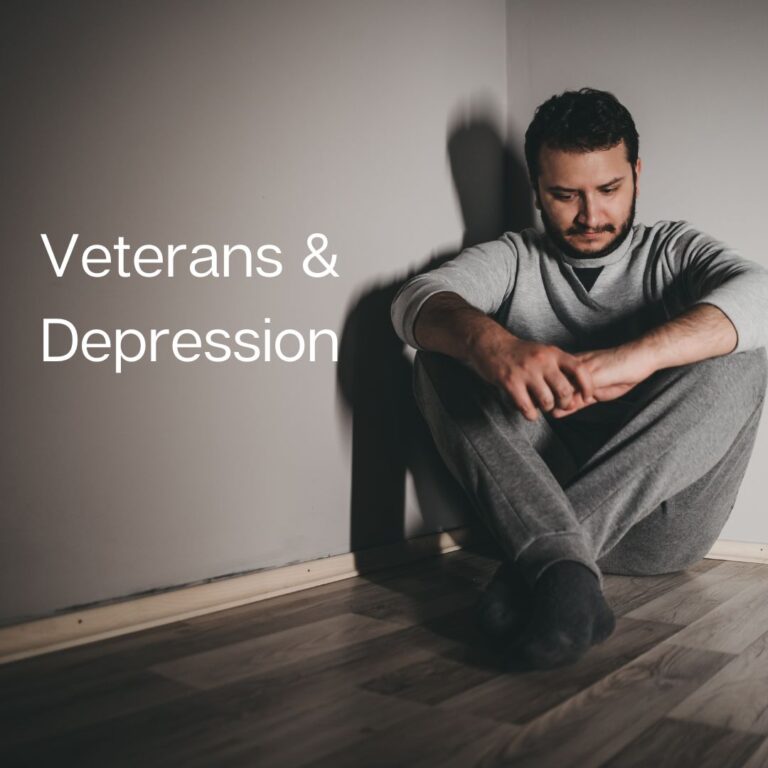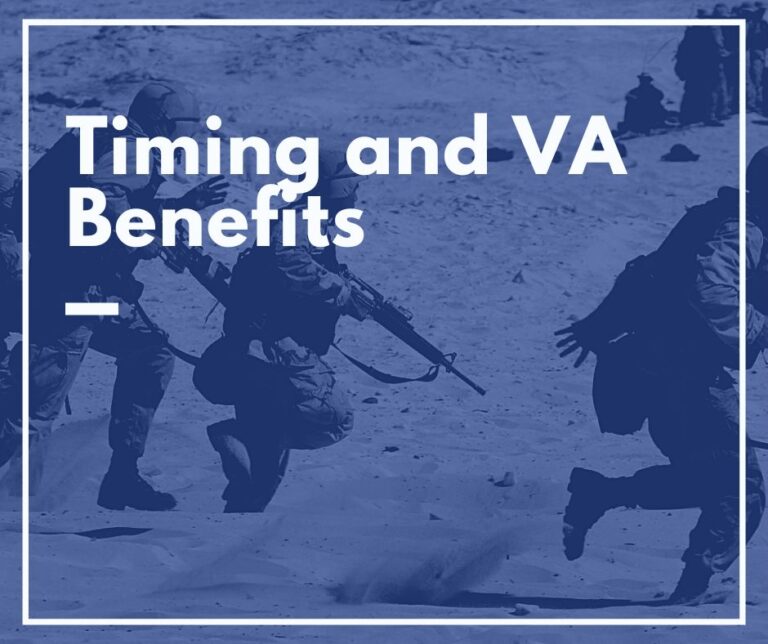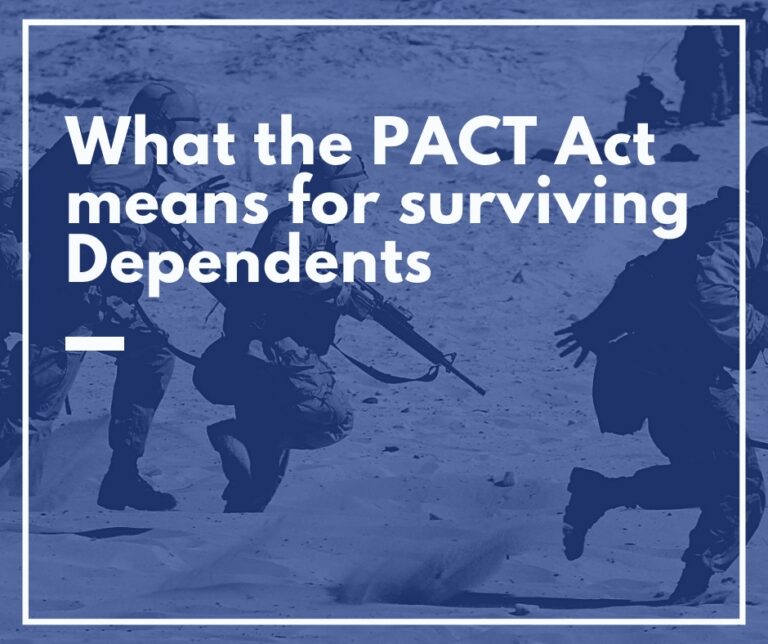10 Ways Veterans Can Keep Serving
Veterans possess a unique set of skills and experiences that can be valuable assets in serving their communities even after their military service has ended. Many Veterans leave the service, but continue to have a desire to serve and to make a difference. This list are just some of the ways that Veterans can continue to make a difference where they live.
Volunteer work
Veterans can engage in various volunteer activities within their communities. They can offer their time and skills to organizations that align with their interests and values, such as community centers, homeless shelters, food banks, schools, and hospitals. Volunteering allows veterans to make a direct and positive impact on the lives of others.
Mentorship
Veterans can serve as mentors to fellow veterans, active-duty service members, or young individuals within their communities. Sharing their knowledge and experiences can provide guidance, support, and inspiration to those who may be facing similar challenges.
Join veterans’ service organizations
There are numerous veterans’ service organizations, such as the American Legion, Veterans of Foreign Wars (VFW), and Disabled American Veterans (DAV). By joining these organizations, veterans can participate in activities and initiatives that support fellow veterans, advocate for their rights, and contribute to community service projects.
Disaster response and emergency services
Veterans’ training and experience can be highly valuable in emergency situations. They can join local disaster response teams, volunteer as firefighters or emergency medical technicians (EMTs), or become part of search and rescue teams. This allows veterans to use their skills to protect and assist their communities during times of crisis.
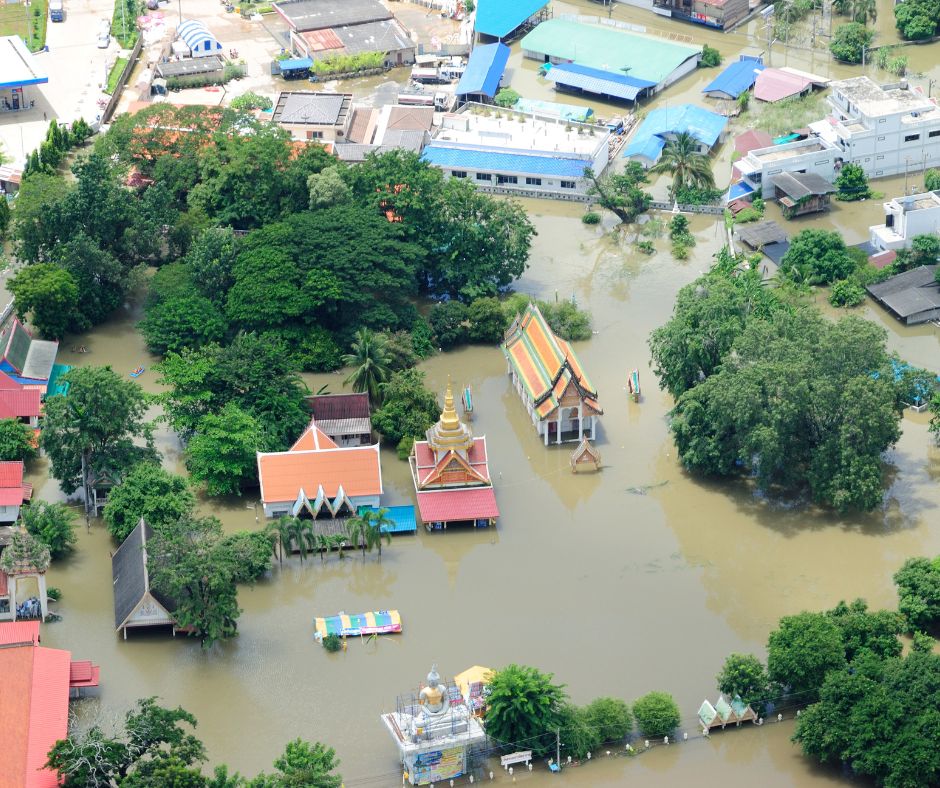
Public service and government roles
Veterans can pursue careers in public service and government to continue serving their communities. They can run for elected offices at local, state, or national levels, work for government agencies, or become involved in policy development and implementation. These roles enable veterans to contribute to decision-making processes and work towards the betterment of their communities.
Teaching and education
Veterans can become educators and make a significant impact on the lives of students. Their leadership skills, discipline, and diverse experiences can enrich the classroom environment. By becoming teachers, instructors, or mentors, veterans can shape the next generation and contribute to the educational development of their communities.
Entrepreneurship and small business ownership
Veterans can start their own businesses and contribute to the local economy. By creating job opportunities, supporting local businesses, and providing valuable products or services, veterans can make a positive economic impact on their communities.
Community advocacy and leadership
Veterans can become community advocates, working on behalf of various causes or issues that are important to their communities. This can involve raising awareness, organizing events, or lobbying for changes and improvements in areas such as healthcare, education, veterans’ rights, or environmental conservation.
Cultural and historical preservation
Veterans with an interest in history and culture can contribute to preserving and honoring their community’s heritage. They can get involved in local historical societies, museums, or preservation organizations to safeguard historical landmarks, organize events, or share stories and knowledge with others.
Sports and recreation programs
Veterans can engage in sports and recreational activities within their communities. They can participate in adaptive sports programs for individuals with disabilities, coach youth teams, or organize community fitness events. These activities promote physical and mental well-being while fostering camaraderie and community engagement.
These are just a few examples of how veterans can continue to serve their communities. The key is to find opportunities that align with their interests, skills, and values, allowing them to make a positive impact and leave a lasting legacy beyond their military service.

